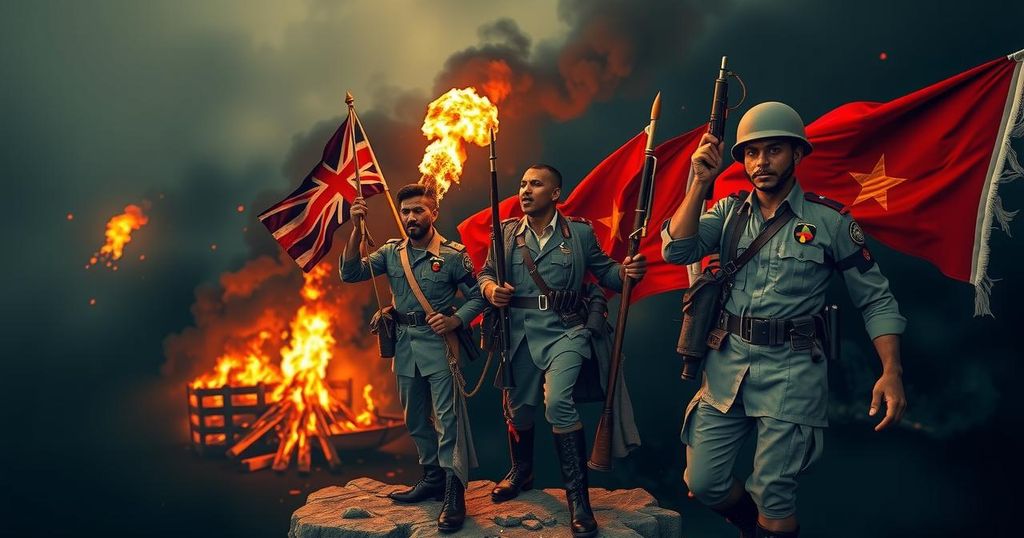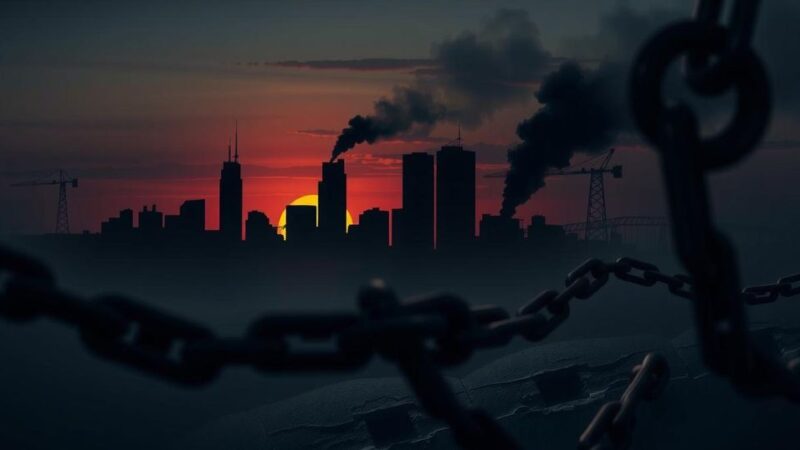This analysis of Somalia’s historical trajectory outlines key events from the late 19th century rebellion led by Maxamed Cabdulle Xasan through British colonization, the emergence of the Somali Republic in 1960, to Major General Siad Barre’s authoritarian regime post-1969. It emphasizes the influence of religious movements, nationalist aspirations, and external powers in shaping Somalia’s political landscape.
In the late 19th century, the British Somaliland protectorate faced significant internal challenges, particularly from a religious insurrection spearheaded by Maxamed Cabdulle Xasan, an influential Somali sheikh of the Ogaadeen clan, often referred to as the ‘Mad Mullah’ by the British. Initially recognized for his religious fervor and diplomatic skills, Sheikh Maxamed engaged in conflicts with British authorities and Christian missionaries, which catalyzed a significant uprising against colonial forces. Although he did not claim the title of mahdi, he did style himself as a sayyid, rallying followers who became known as the dervishes. This group effectively utilized guerrilla warfare tactics against multiple British, Italian, and Ethiopian military campaigns between 1900 and 1904, proving difficult for the British to suppress. However, by 1920, a coordinated military offensive ultimately dismantled the dervish stronghold. British control resumed gradually, although tensions remained, particularly in Italian Somaliland, where expansionist policies were enacted. Following World War II, Somalia transitioned towards independence, culminating in the formation of the Somali Republic in 1960, which faced challenges from internal clan dynamics and external territorial aspirations. The rise of General Mohamed Siad Barre in a 1969 coup marked a shift towards a socialist authoritarian regime, which strived for social reform and military expansionism but ultimately led to internal unrest and conflict with neighboring countries.
The historical context of Somalia’s struggle against colonial powers is essential to understanding the significant religious and political movements in the region during the late 19th and early 20th centuries. The emergence of leaders like Maxamed Cabdulle Xasan highlighted the intersection of Islamic identity, nationalist sentiments, and resistance to foreign domination, which fueled Somali political dynamics. Following the collapse of colonial structures post-World War II, the establishment of the Somali Republic brought about new governance issues shaped by complex clan allegiances and aspirations for the unification of Somali territories, further complicating the socio-political landscape. The subsequent rise of Major General Siad Barre marked a pivotal era characterized by attempts at modernization through socialism amidst escalating regional tensions, particularly with Ethiopia, and reflected the broader Cold War influence on Somalia’s political orientation and conflicts.
The trajectory of Somali history from British colonialism to the establishment of the Somali Republic underscores the profound impact of individual leadership and collective national identity on the region’s socio-political evolution. The struggles against colonial powers, the formation of a national government, and the subsequent authoritarian regime of Siad Barre illustrate the complexities of forging a cohesive state amidst disparate clan loyalties and external pressures. The legacy of these historical battles continues to shape Somalia’s contemporary challenges and prospects for stability and unity.
Original Source: www.britannica.com






